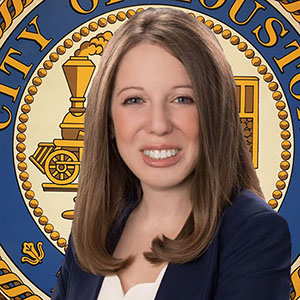Due to the weather, this meeting has been rescheduled to Tuesday, January 30th.
Do you have a boarding home in your neighborhood? Do you know if you have people on parole living near you? What does this mean for you and your neighborhood? What services should be provided for residents living in one of these types of homes?
You are invited to a meeting to discuss proposed changes to the City of Houston’s Code of Ordinances pertaining to the regulation of boarding homes, lodging facilities, and alternative housing facilities.
The purpose of this meeting is to review changes and gather feedback from the community. For those who cannot attend, proposed changes will be posted on the Administration & Regulatory Affairs (ARA) website at www.houstontx.gov/ara
Tuesday, January 30, 2018
6:00 PM – 8:00 PM
St. Christopher’s Episcopal Church
Latham Hall
1656 Blalock Rd.
Houston, Texas 77080
A boarding home, as defined by the Texas Health and Safety Code (Chapter 260) is a facility that furnishes, in one or more building, lodging to three or more persons with disabilities or elderly persons who are unrelated to the owner of the establishment by blood or marriage; and provides community meals, light housework, meal preparation, transportation, grocery shopping, money management, laundry services, or assistance with self-administration of medication but does not provide personal care services as defined by Section 247.002 to those persons. Chapter 260 also defines model standards for boarding homes in Texas and allows municipalities to permit and regulate boarding homes in accordance with the model standards.
For the purpose of this discussion, the term lodging facility includes congregate living facilities such as boarding houses, rooming houses, flop houses, bunk houses, etc. It does not include boarding homes (as defined by Chapter 260 of the State of Texas Health and Safety Code and Chapter 28 of the City of Houston Code of Ordinances), hotels, short-term or vacation rentals, halfway houses, or correctional facilities of any kind.
The term alternative housing facility means a residence, owned by an individual, private legal entity, non-profit, or faith based organization which is not owned by, operated by, established by or contracted with the Texas Department of Criminal Justice (TDCJ) where three or more unrelated parolees reside.





